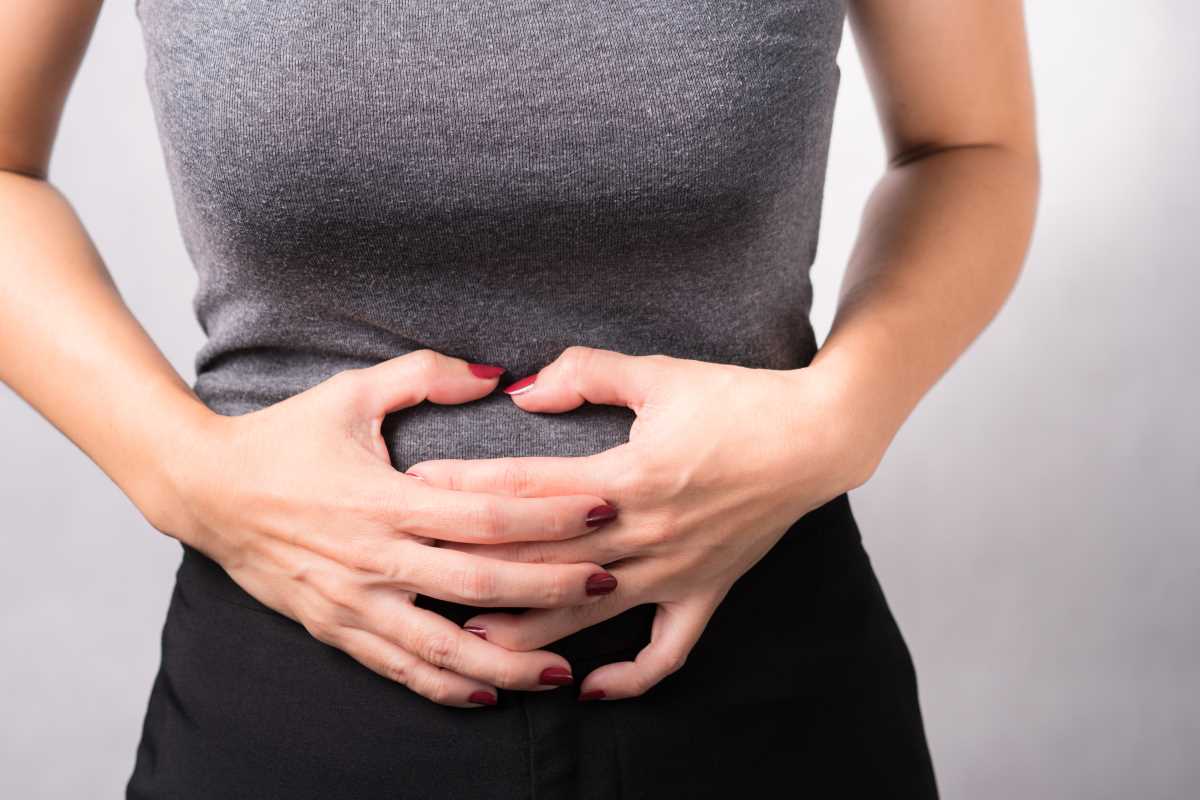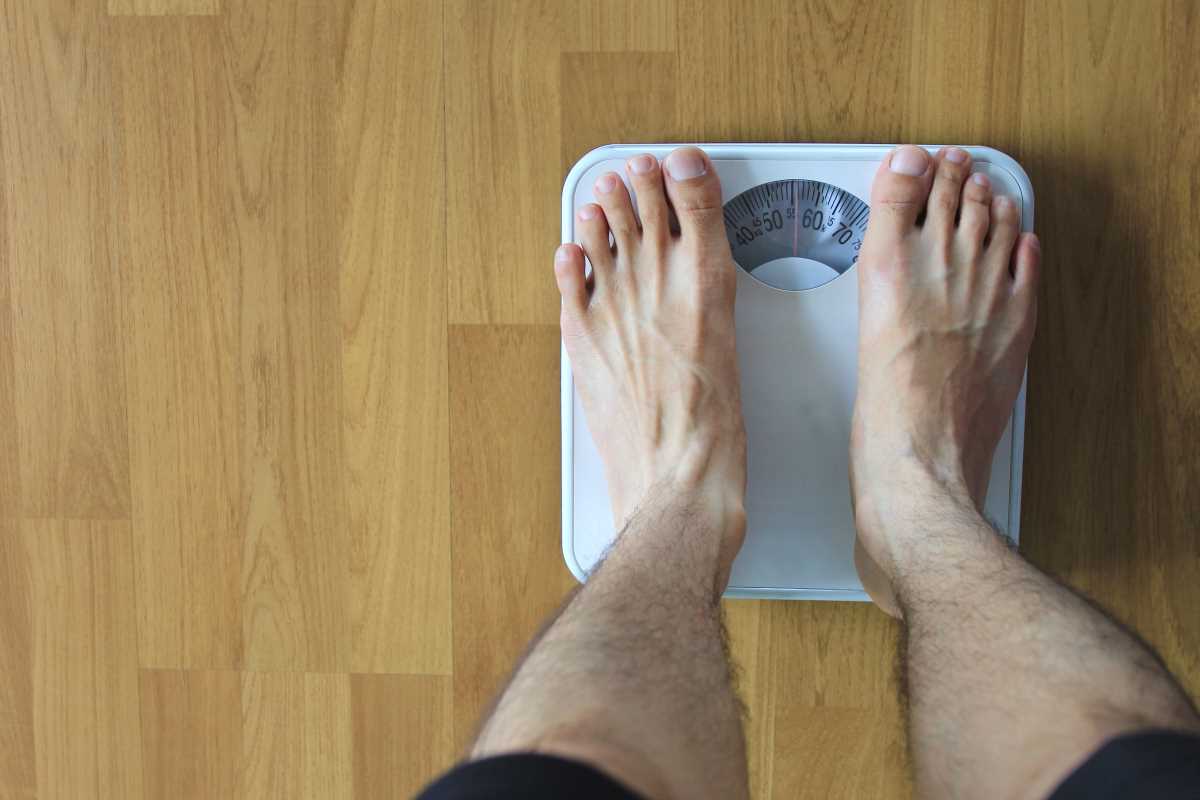Pregnancy is a unique and cherished time in a woman's life, one that comes with many changes and new responsibilities, including the important task of nourishing both yourself and your growing baby. A healthy, balanced diet is vital during this time, not only to support your baby's development but also to help you feel your best throughout this exciting, and sometimes challenging, journey. From essential nutrients to meal ideas and tips for managing food aversions, here’s the ultimate nutrition guide for expecting mothers.1. Prioritizing a Balanced Diet
Eating a balanced diet is the foundation of a healthy pregnancy. While cravings may tempt you to overindulge in sweets or salty snacks, making nutrient-dense food choices is crucial for providing your baby with what they need to grow and thrive.
Key Food Groups to Include:
- Fruits and Vegetables: Aim for a colorful variety to cover a spectrum of vitamins and minerals. Leafy greens like spinach and kale are rich in folic acid, while orange produce like carrots and sweet potatoes provide beta-carotene for your baby’s vision and immune health.
- Whole Grains: Products like oatmeal, quinoa, and whole-wheat bread are rich in fiber, helping to ease pregnancy-related constipation while delivering energy-sustaining carbohydrates.
- Lean Proteins: Incorporate poultry, fish, eggs, beans, and tofu to support your baby's growth and your muscle health.
- Healthy Fats: Include sources like avocado, nuts, seeds, and olive oil to support brain development. Omega-3-rich foods, such as salmon and walnuts, are particularly beneficial.
Plan Example:
- Breakfast: A bowl of oatmeal topped with fresh berries, a tablespoon of chia seeds, and a drizzle of honey.
- Lunch: A salad with spinach, grilled chicken, cherry tomatoes, avocado, and a splash of balsamic vinaigrette, paired with whole-grain crackers.
- Dinner: Baked salmon with roasted sweet potatoes and steamed broccoli.
- Snacks: Greek yogurt with granola, an apple with almond butter, or a small handful of trail mix.
2. Staying Hydrated
Hydration is just as important as nutrition during pregnancy. Water supports vital functions like carrying nutrients to your baby, maintaining your amniotic fluid levels, aiding digestion, and regulating body temperature.
Hydration Tips:
- Aim for at least 8–10 glasses of water per day, adjusting for factors like exercise or warm weather.
- Infuse water with fresh fruits, cucumber slices, or mint leaves for a refreshing twist.
- Alternate with pregnancy-safe herbal teas like chamomile or ginger to add variety and settle your stomach.
Carrying a reusable water bottle can remind you to sip regularly throughout the day, keeping you hydrated even on your busiest days.
3. Focus on Key Nutrients
Certain nutrients play a critical role in supporting your baby's development and your health during pregnancy. It’s essential to prioritize these in your meals:
Must-Have Nutrients and Food Sources:
- Folic Acid (400–800 mcg/day): Prevents neural tube defects. Sources include fortified cereals, leafy greens, and oranges.
- Iron (27 mg/day): Supports the increased blood volume and prevents anemia. Eat iron-rich foods like red meat, beans, and fortified cereals, and pair them with vitamin C (like oranges) for better absorption.
- Calcium (1,000 mg/day): Helps build your baby's bones and teeth. Sources include dairy products, fortified plant milks, and almonds.
- Omega-3 Fatty Acids (200–300mg/day): Crucial for brain and eye development. Found in fatty fish like salmon, flaxseeds, and walnuts.
- Vitamin D (600 IU/day): Supports bone health. Sources include fortified milk, egg yolks, and exposure to sunlight.
Pro Tip:
If you're unsure you're getting enough of these nutrients from food alone, your doctor can recommend a prenatal vitamin to fill in the gaps. Choose one that contains adequate levels of folic acid, iron, and DHA.
4. Managing Pregnancy Cravings and Aversions
Pregnancy often comes with specific cravings (pickles and ice cream, anyone?) as well as food aversions. While it’s okay to indulge in cravings occasionally, balancing them is key to ensuring proper nutrition.
When You Have Cravings:
- Swap Sweet Treats: Instead of ice cream, try frozen yogurt or a smoothie made with bananas and almond milk.
- Satisfy Salty Cravings: Opt for air-popped popcorn, whole-grain crackers with cheese, or roasted chickpeas instead of chips.
When You Have Aversions:
- Find Alternatives: If chicken no longer appeals to you, try scrambled eggs or plant-based proteins like lentils or edamame.
- Experiment with Prep Methods: Avocados may not taste good plain, but they might work blended into a creamy dressing or smoothie.
It’s important to listen to your body, but also ensure the majority of your food choices contribute positively to your health.
5. Eating Small, Frequent Meals
As your baby grows, you may find that eating large meals becomes uncomfortable due to heartburn or a feeling of fullness. Smaller, frequent meals can alleviate these issues and help maintain steady blood sugar levels.
Quick Meal and Snack Ideas:
- Morning Snack: A slice of whole-grain toast with almond butter.
- Afternoon Pick-Me-Up: Cottage cheese with slices of pear or pineapple.
- Evening Snack: A handful of walnuts and dried apricots for healthy fats and fiber.
Remember to include protein and fiber in each snack to keep you full longer and stabilize your energy levels.
6. Foods to Avoid During Pregnancy
While most foods are safe, some should be avoided due to potential risks to you or your baby.
What to Steer Clear Of:
- Raw or Undercooked Foods: Sushi or soft-boiled eggs can carry bacteria like salmonella.
- High-Mercury Fish: Limit swordfish, mackerel, and shark, as mercury can affect fetal development.
- Unpasteurized Products: Stay away from unpasteurized cheeses, juices, or dairy to reduce the risk of infections.
- Caffeine: Limit to less than 200 mg/day (about one 12-ounce cup of coffee) to prevent complications.
- Alcohol and Tobacco: Avoid entirely, as they can harm your baby’s growth and development.
Making a list of safe and unsafe foods can simplify meal planning and grocery shopping.
7. Dealing with Nausea
Nausea, especially in the first trimester, can make sticking to a healthy diet challenging. Combat morning sickness with simple strategies.
Tips for Managing Nausea:
- Keep plain crackers or dry toast by your bedside to nibble on first thing in the morning.
- Choose bland, easy-to-digest foods like rice, applesauce, or mashed potatoes.
- Ginger is a natural remedy; sip on ginger tea or chew ginger candies to ease an upset stomach.
- Avoid strong-smelling or overly spicy foods, which can trigger nausea.
8. Meal Planning for Success
Meal planning helps ensure balanced and stress-free eating during pregnancy. Dedicate some time each week to plan, shop for, and prep meals.
Benefits of Meal Planning:
- Ensures you’re meeting daily nutritional needs.
- Saves time and reduces decision fatigue.
- Prevents reliance on less-healthy, last-minute options.
Batch cooking soups, casseroles, and grain salads are excellent strategies for having ready-made meals throughout the week.
 (Image via
(Image via





